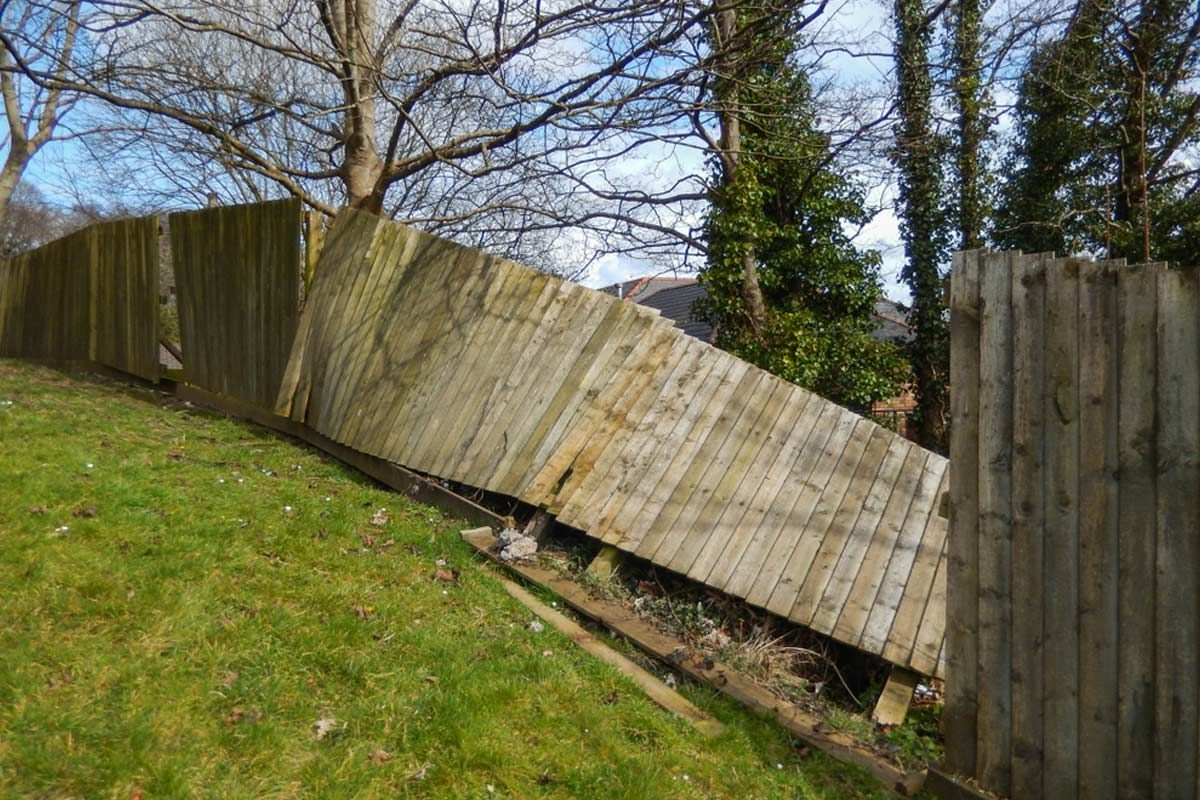

Articles
How Much Does It Cost To Fix A Fence
Modified: August 31, 2024
Looking for articles on how much it costs to fix a fence? Discover the average prices and factors that affect the cost of fence repairs.
(Many of the links in this article redirect to a specific reviewed product. Your purchase of these products through affiliate links helps to generate commission for Storables.com, at no extra cost. Learn more)
Introduction
Fences are an essential feature of any property, providing privacy, security, and aesthetic appeal. However, over time, fences can become damaged due to various factors, such as harsh weather, accidents, or natural wear and tear. When a fence is in need of repair, one common question arises: how much does it cost to fix a fence?
The cost of fence repair can vary significantly depending on several factors, including the type of fence, the extent of the damage, the materials required, and whether you choose to hire a professional or tackle the repair yourself. In this article, we will discuss these factors in detail, providing you with valuable insights to help you understand the cost involved in fixing a fence.
Key Takeaways:
- Factors such as the type of fence, extent of damage, and materials required significantly impact the cost of fence repair. Consulting a professional for an assessment can provide an accurate estimate tailored to your specific circumstances.
- While DIY fence repair offers cost savings, hiring a professional ensures expertise, efficiency, and quality workmanship. Comparing quotes, reusing materials, and prioritizing safety and durability can help save money without compromising on the repair’s long-term effectiveness.
Read more: How Much Does Invisible Fence Cost
Factors Affecting the Cost of Fence Repair
When it comes to the cost of fence repair, several factors come into play. Understanding these factors can help you estimate the overall cost and plan your budget accordingly. Here are some key factors that can influence the cost of fence repair:
- Type of Fence: The type of fence you have will impact the cost of repair. Different types of fences, such as wood, vinyl, chain-link, or wrought iron, have varying repair needs and associated costs.
- Extent of Damage: The severity and extent of the damage to your fence will significantly affect the cost of repair. Minor issues like loose boards or small cracks may cost less to fix compared to structural damage or extensive rot.
- Materials Required: The materials needed to repair your fence will contribute to the overall cost. For example, if you have a wooden fence, factors such as the type of wood, the length of the damaged section, and the need for additional hardware will impact the cost.
- Accessibility: The accessibility of your fence for repair will also affect the cost. If your fence is located in a hard-to-reach area, such as a sloping terrain or obstructed by landscaping, the repair process may require additional time and effort.
- Permits and Codes: Depending on your local regulations, you may need permits or adhere to specific codes when repairing your fence. These additional requirements can incur extra costs.
To get an accurate estimate for fence repair, it is advisable to contact a professional fence repair contractor for an assessment. They can evaluate the damage and provide you with a detailed breakdown of the costs involved based on your specific circumstances.
Types of Fence Damage
Fences can sustain various types of damage, each requiring different repair techniques and materials. Understanding the types of fence damage can help you determine the appropriate course of action and estimate the cost of repair:
- Rotting or Warping: Wooden fences are prone to rotting and warping over time, especially when exposed to moisture. Rotting wood should be replaced, and warped boards may need to be realigned or reinforced.
- Loose or Missing Boards or Panels: Harsh weather conditions or natural wear and tear can cause fence boards or panels to become loose or go missing. These should be reinstalled or replaced to maintain the integrity of the fence.
- Broken or Bent Metal Components: For fences made of metal, such as wrought iron or chain-link, broken or bent components can compromise the security and appearance of the fence. Repairing or replacing damaged metal parts may be necessary.
- Cracks or Holes: Fences made of materials like vinyl or composite can develop cracks or holes due to impacts or structural issues. These should be filled, patched, or replaced to prevent further damage and maintain the fence’s functionality.
- Leaning or Collapsed Sections: If your fence is leaning or has collapsed, it may require more extensive repairs to realign or rebuild sections of the fence. This type of damage usually calls for professional intervention.
It’s important to assess the extent of the damage to determine whether repair or replacement is the best course of action. In some cases, extensive damage or an aging fence may make replacement a more cost-effective and long-term solution.
Average Cost of Materials for Fence Repair
The cost of materials for fence repair can vary depending on factors such as the type of fence, the extent of damage, and the size of the repair area. However, we can provide you with a general idea of the average cost of materials for common fence repairs:
- Wooden Fence: If you have a wooden fence, the cost of materials will depend on the type of wood you choose. On average, repairing a small section of a wooden fence can cost between $50 to $150 or more, including the cost of lumber, nails, screws, and any necessary hardware.
- Vinyl Fence: Vinyl fences are known for their durability and low maintenance. For small repairs like patching cracks or replacing a section of vinyl fence, you can expect to spend around $20 to $50 for materials.
- Chain-Link Fence: Repairing a chain-link fence is usually more affordable compared to other types of fences. The cost of materials for repairing a chain-link fence can range from $10 to $30 for supplies like replacement mesh, tension bars, and connectors.
- Wrought Iron Fence: Wrought iron fences are often more expensive to repair due to the cost of materials and the complexity of the repairs. On average, allocating around $100 to $300 for materials is a reasonable estimate, depending on the extent of the damage.
Remember that these are rough estimates, and the actual cost can vary depending on the specific requirements of your fence repair. Additionally, if you need to hire a professional for the repair, they may include the cost of materials in their overall service quote.
If you’re planning to handle the repair yourself, it’s a good idea to shop around for the best prices on materials. Check with local home improvement stores or online suppliers to get the most competitive prices and ensure you get the right materials for your fence repair project.
Average Cost of Labor for Fence Repair
When it comes to fence repair, the cost of labor can vary depending on various factors such as the complexity of the repair, the size of the fence, and the geographic location. Hiring a professional for fence repair ensures that the job is done correctly and efficiently. Here are some average labor costs for fence repair:
- Hourly Rate: Fence repair professionals typically charge an hourly rate, which can range from $30 to $70 per hour. This rate can be influenced by factors like experience, expertise, demand, and the location of the service.
- Per Project: Some fence repair contractors may provide a flat rate for specific repair projects. This can be a more cost-effective option if you have a well-defined repair task, such as fixing a specific section of the fence or repairing a gate. The average cost for a small fence repair project can range from $100 to $500.
- Additional Charges: In addition to the base labor cost, there may be additional charges for certain factors. For instance, if the fence is in a challenging location or requires special equipment, there may be an extra fee. Similarly, if there are permits or inspections required for the repair work, the contractor may include those costs as well.
It’s important to note that labor costs can vary significantly based on factors such as the complexity of the repair, the region, and the specific contractor. It’s recommended to obtain multiple quotes from reputable fence repair professionals to compare prices and ensure you are getting a fair and competitive rate.
While hiring a professional for fence repair may cost more than doing it yourself, it offers several benefits, including expertise, efficiency, and quality workmanship. Additionally, professionals may have access to discounted prices on materials, which can help offset the overall cost.
If you decide to take the DIY route, consider your own skills and experience in fence repair. Complex repairs or larger fences may require specialized knowledge and equipment. Improperly executed repairs can lead to further damage and increased costs in the long run.
Before getting a fence fixed, make sure to get multiple quotes from different contractors to compare costs. Also, consider the materials and labor involved in the repair to get an accurate estimate.
Read more: How Much Does A Concrete Fence Cost
Additional Costs Involved in Fence Repair
When budgeting for fence repair, it’s important to consider additional costs that may arise during the process. These costs can vary depending on the specific repair needs and other factors. Here are some common additional costs you may encounter when repairing a fence:
- Permits and Inspections: In some areas, you may need to obtain permits or undergo inspections for certain fence repairs. These can come with associated fees, so it’s important to check with your local municipality to determine if any permits or inspections are required and factor in the cost.
- Removal and Disposal: If your fence repair involves removing old or damaged materials, you may need to pay for disposal. This can include the cost of renting a dumpster or paying for a waste removal service. The cost will depend on the amount and type of material being disposed of.
- Temporary Fencing: If the repair process will leave a section of your property exposed or if you need to temporarily restrict access to certain areas, you may have to install temporary fencing. This can incur additional costs, such as renting or purchasing temporary fencing panels.
- Landscaping and Restoration: Depending on the extent of the repair, you may need to allocate funds for restoring the surrounding landscape after the repair work is completed. This can include tasks like reseeding grass, replanting vegetation, or repairing any damage caused during the repair process.
- Unforeseen Issues: Sometimes, while repairing a fence, unexpected issues may arise that require additional work or materials. It’s important to have some flexibility in your budget to account for these unforeseen circumstances. It’s common for contractors to include contingency funds in their estimates to cover any unexpected costs.
By considering these additional costs and factoring them into your budget, you can ensure that you have a realistic estimate and avoid any financial surprises during the fence repair process.
DIY vs Professional Fence Repair
When it comes to fence repair, you may be faced with the decision of whether to tackle the project yourself or hire a professional. Both options have their own advantages and considerations. Let’s take a look at the pros and cons of DIY and professional fence repair:
- DIY Fence Repair:
- Cost Savings: One of the main reasons people choose to repair their fence themselves is to save money. DIY repairs eliminate the need to pay for professional labor.
- Flexibility and Convenience: DIY repairs allow you to work on your own schedule and at your own pace. You have full control over the repair process and can make adjustments as needed.
- Sense of Accomplishment: Successfully completing a DIY fence repair can give you a sense of satisfaction and accomplishment.
- Professional Fence Repair:
- Expertise and Experience: Hiring a professional ensures that the repair work is done by someone with knowledge and expertise in fence repair. They have the necessary skills and tools to complete the repair correctly and efficiently.
- Time and Efficiency: Professionals can complete fence repairs more quickly and efficiently than someone with limited experience. They have the necessary equipment and resources to expedite the process.
- Quality and Longevity: A professionally repaired fence is likely to have a longer lifespan and better structural integrity. Professionals use high-quality materials and follow best practices to ensure a sturdy and durable repair.
- Insurance and Guarantees: When you hire a professional, they may offer insurance coverage for the repair work, protecting you from any damages or accidents that may occur during the process. They may also provide guarantees or warranties for their services.
Ultimately, the decision between DIY and professional fence repair depends on your skill level, available time, budget, and the complexity of the repair. Minor repairs, such as replacing a few boards, may be suitable for a DIY approach, especially if you have the necessary tools and experience. However, more extensive repairs, structural issues, or specialized fence types are best left in the hands of professionals.
If you decide to go the DIY route, make sure to research and educate yourself about the repair process, safety precautions, and required materials. If in doubt, it’s always wise to consult with a professional for guidance or engage their services for complex or large-scale repairs.
Tips for Saving Money on Fence Repair
Repairing a fence can be a necessary expense, but there are several ways to save money on the repair process without compromising on quality. Here are some tips to help you save money on fence repair:
- Compare Quotes: Before committing to a fence repair contractor, obtain multiple quotes from different professionals. This will allow you to compare prices and choose a contractor who offers competitive rates without compromising on quality.
- Do Your Research: Research the average cost of materials and labor for fence repairs in your area. This will give you a better understanding of what to expect and help you negotiate prices or identify any inflated quotes.
- Consider Partial Replacement: If only a small section of your fence is damaged, consider repairing or replacing that specific area rather than replacing the entire fence. This can save you money on materials and labor.
- Reuse Materials: If some parts of your fence are salvageable, consider reusing them during the repair process. For example, if the posts are still in good condition, you can reuse them and only replace the damaged panels or boards.
- Take a DIY Approach: If you have the necessary skills and tools, consider taking a do-it-yourself approach for minor fence repairs. This can save you money on labor costs. However, be realistic about your abilities and seek professional help for complex repairs or if you are uncertain about your skills.
- Shop for Affordable Materials: Look for affordable options when purchasing materials for your fence repair. Compare prices from different suppliers or consider using recycled or reclaimed materials that may be more cost-effective.
- Maintain Your Fence Regularly: Regular maintenance can help prevent major repairs. Clean your fence regularly, remove debris, and address minor issues promptly to avoid more extensive damage over time. This can save you money on future repairs.
- Consider Long-Term Solutions: When repairing your fence, opt for long-term solutions that provide durability and reduce the need for frequent repairs. Investing in quality materials and workmanship now can save you money in the long run.
- DIY Landscaping: Instead of hiring landscapers to restore the surrounding area after the repair, consider doing it yourself. Regrass, replant, or undertake any necessary landscaping tasks to save on additional costs.
Remember, while saving money is important, it’s equally important to prioritize safety and quality. Cutting corners or using subpar materials may lead to further damage or the need for more repairs down the line. It’s always advisable to consult with professionals or seek their assistance when in doubt.
Conclusion
Fixing a damaged fence is an important task that ensures privacy, security, and aesthetics for your property. However, understanding the cost of fence repair and considering various factors can help you make informed decisions throughout the process.
In this article, we explored the factors that can affect the cost of fence repair, such as the type of fence, extent of damage, materials required, and accessibility. We also discussed the average costs of materials and labor and highlighted additional costs that may arise during the repair process.
When deciding between DIY and professional fence repair, it’s important to weigh the pros and cons based on your skills, time, budget, and the complexity of the repair. While DIY repairs can save money, hiring professionals ensures expertise, efficiency, and quality workmanship.
It’s worth noting that there are ways to save money on fence repair, such as comparing quotes, reusing materials, and performing regular maintenance. However, prioritizing safety, durability, and long-term solutions should always be a consideration to avoid future repairs.
Ultimately, the cost of fence repair can vary greatly depending on the specific circumstances. It’s recommended to consult with professionals, obtain multiple quotes, and research average costs in your area to determine the most accurate estimate for your fence repair project.
Remember, whether you choose to repair your fence yourself or hire a professional, investing in the maintenance and repair of your fence will enhance the value and beauty of your property while providing security and privacy for years to come.
Frequently Asked Questions about How Much Does It Cost To Fix A Fence
Was this page helpful?
At Storables.com, we guarantee accurate and reliable information. Our content, validated by Expert Board Contributors, is crafted following stringent Editorial Policies. We're committed to providing you with well-researched, expert-backed insights for all your informational needs.
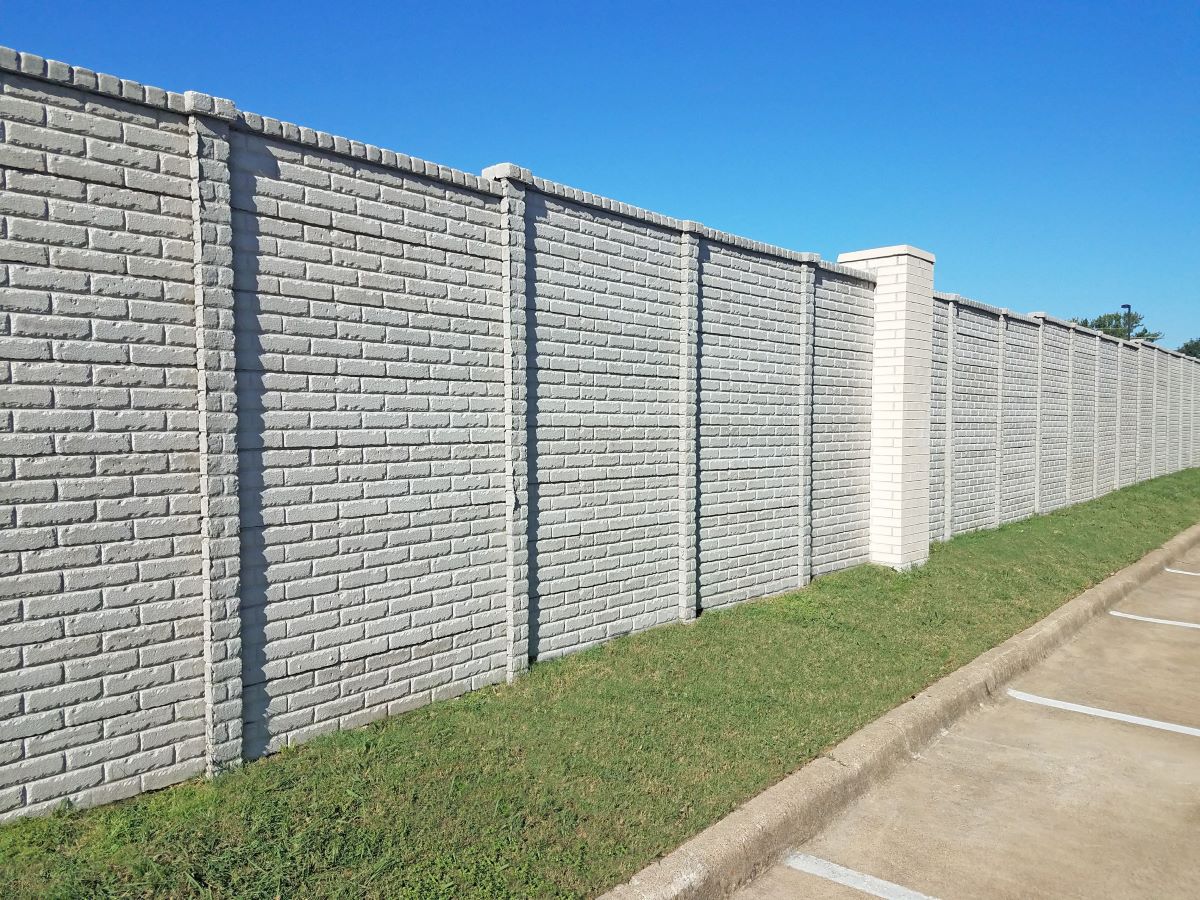
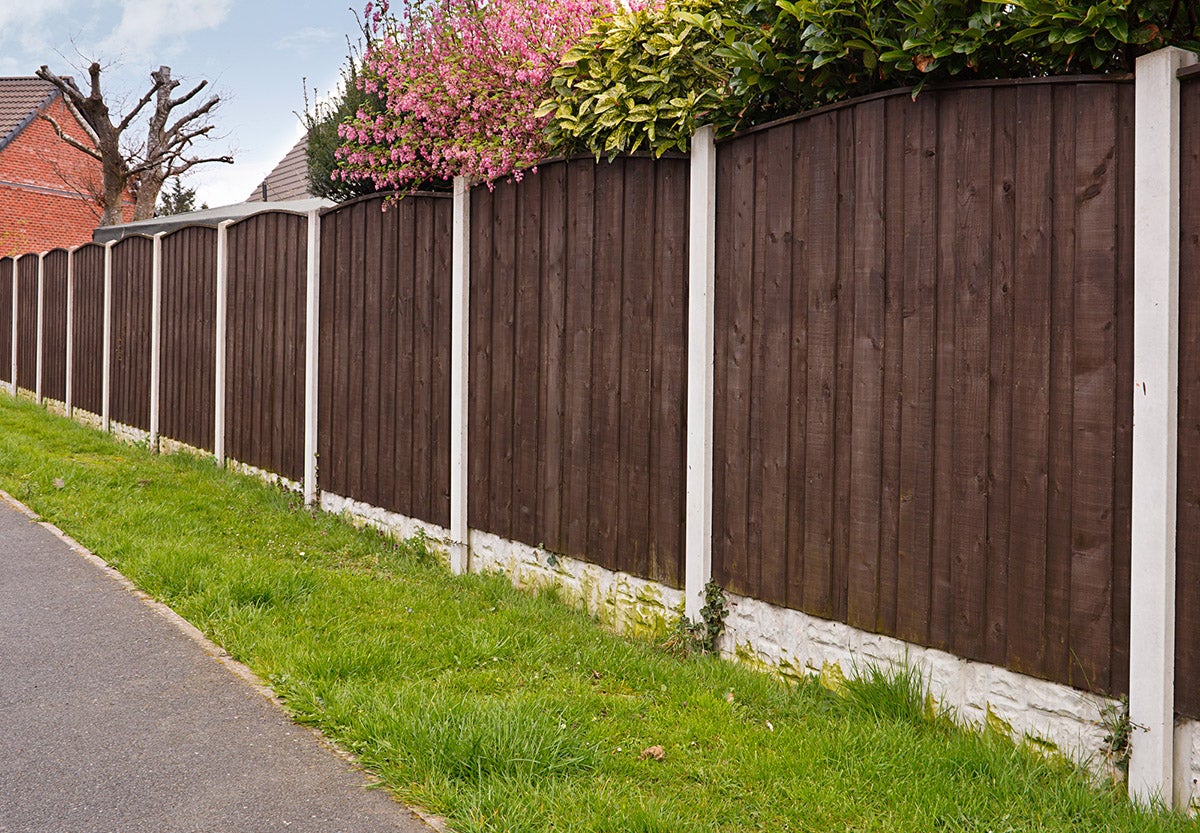
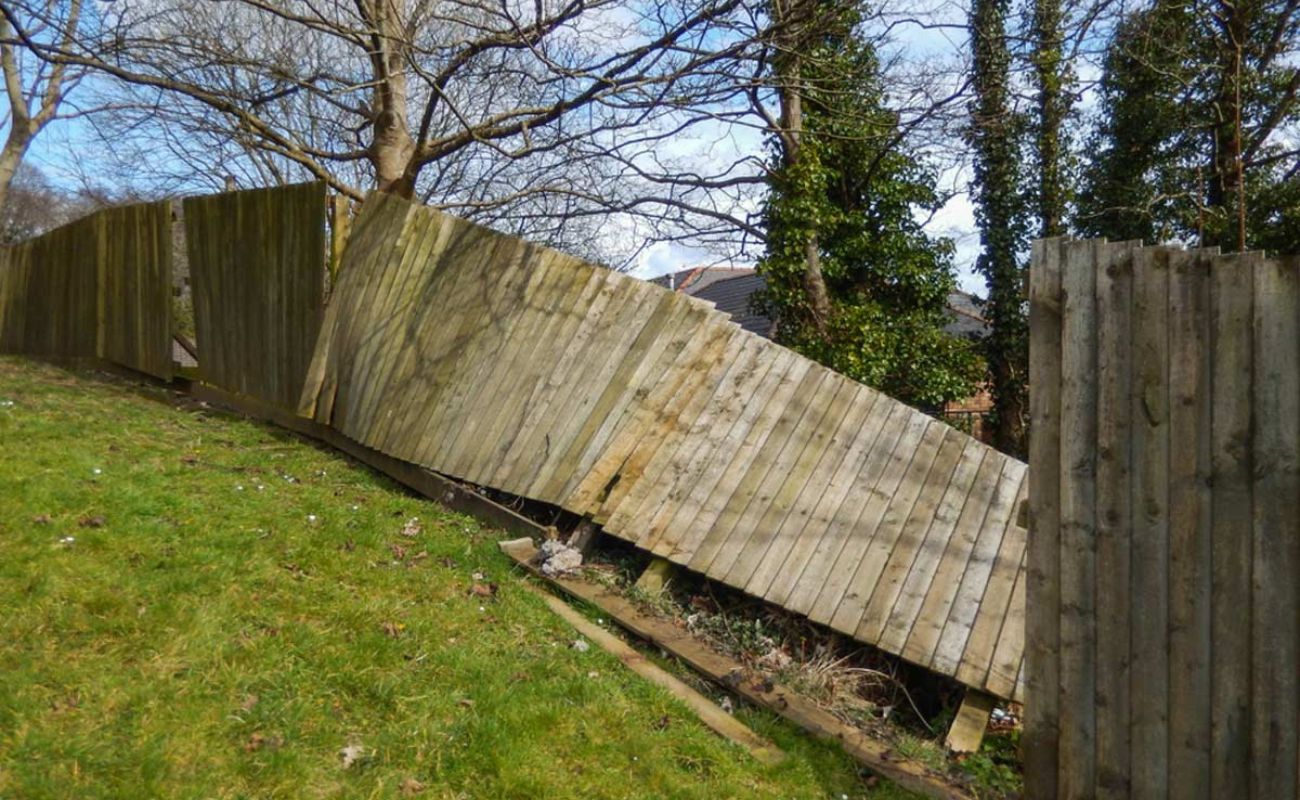
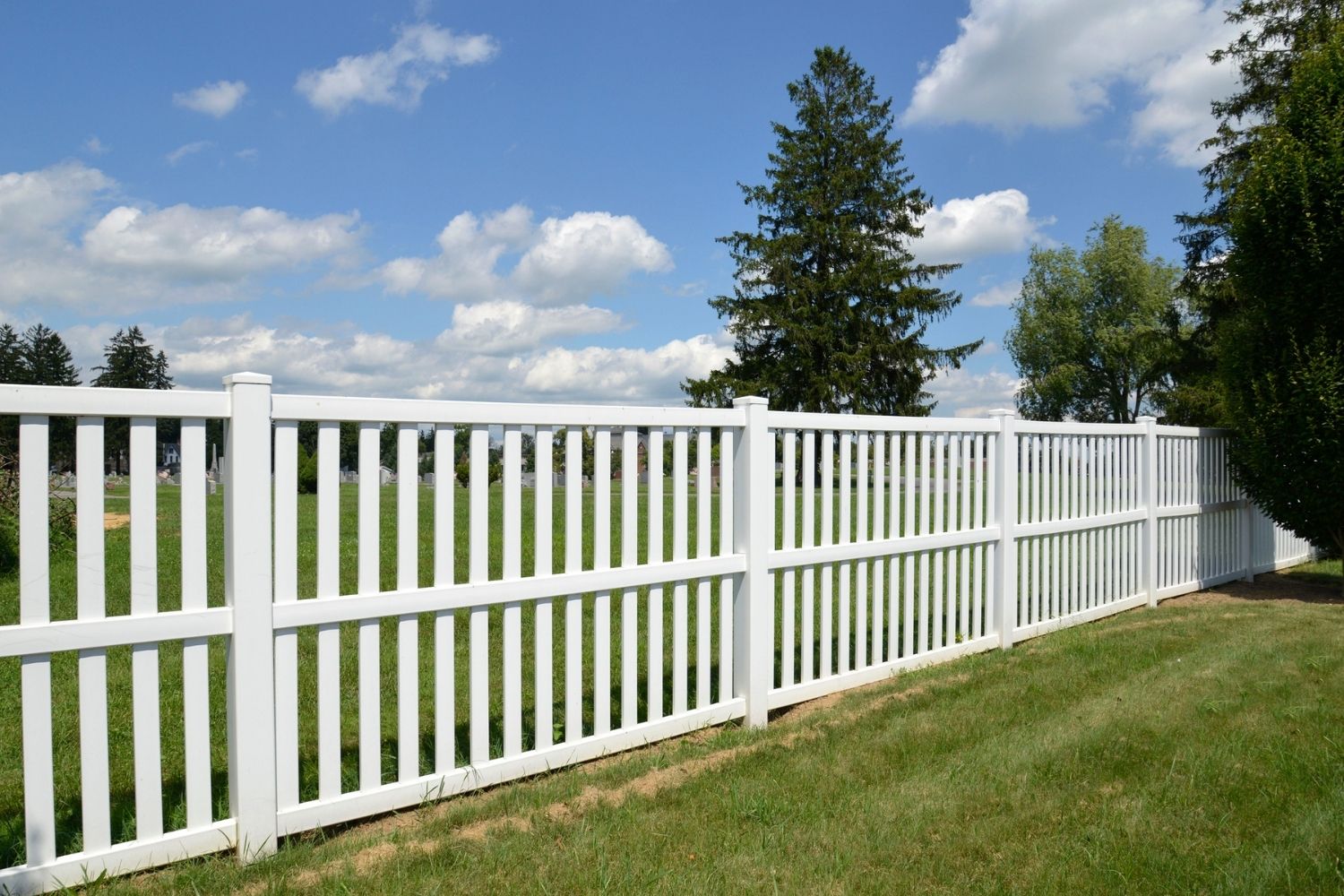
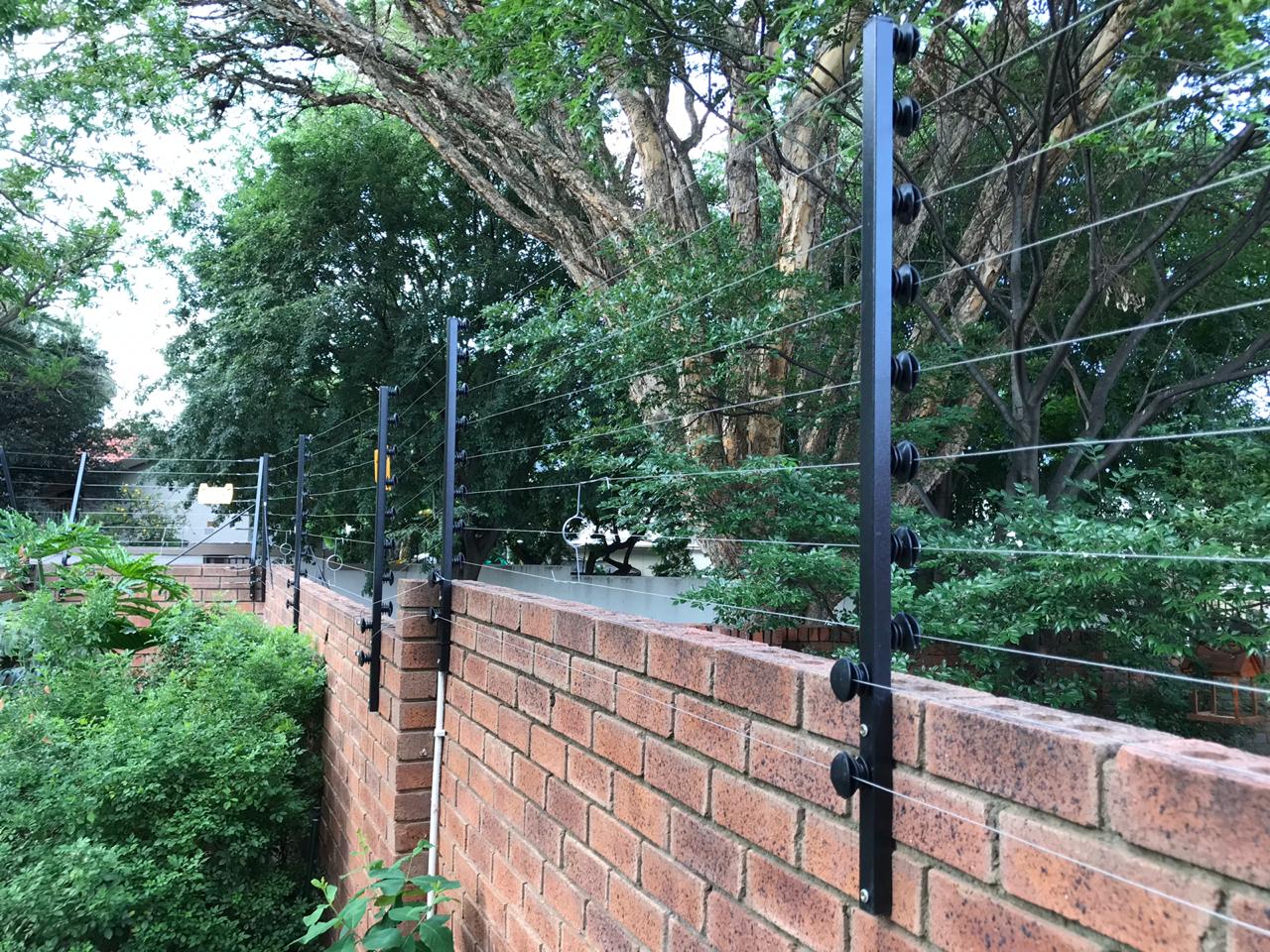
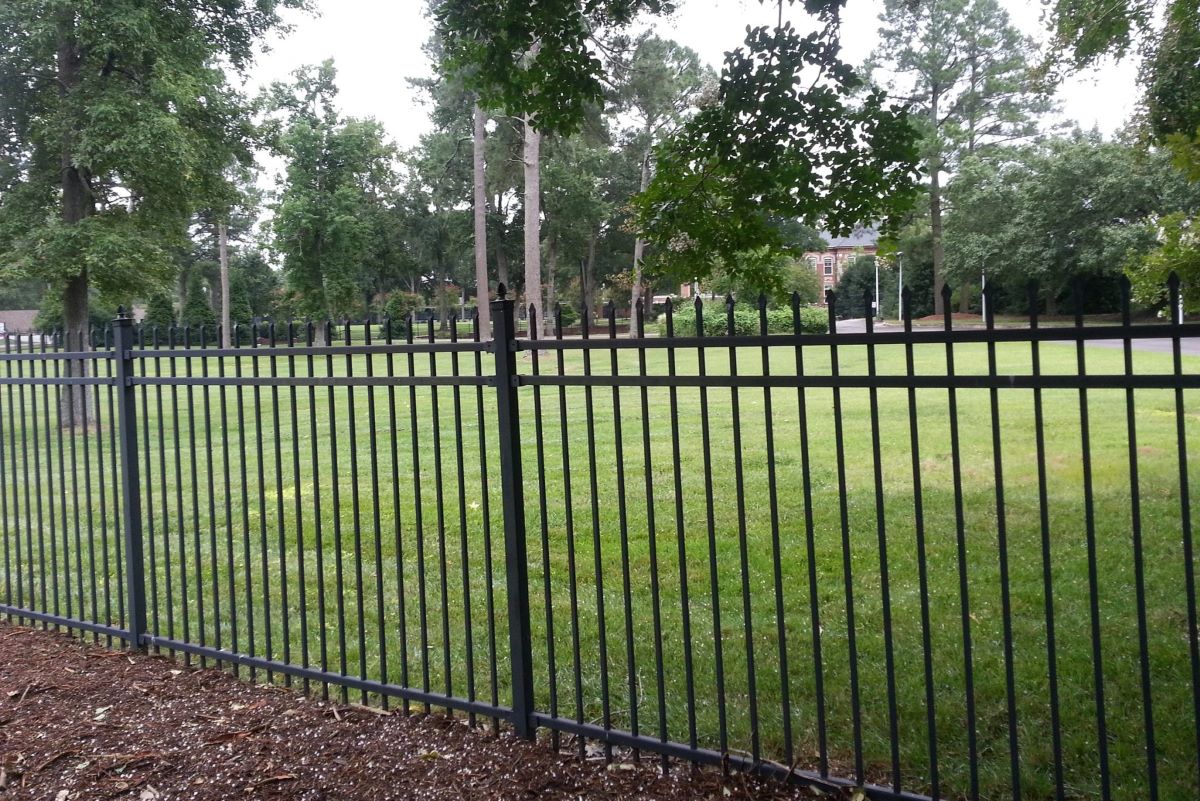
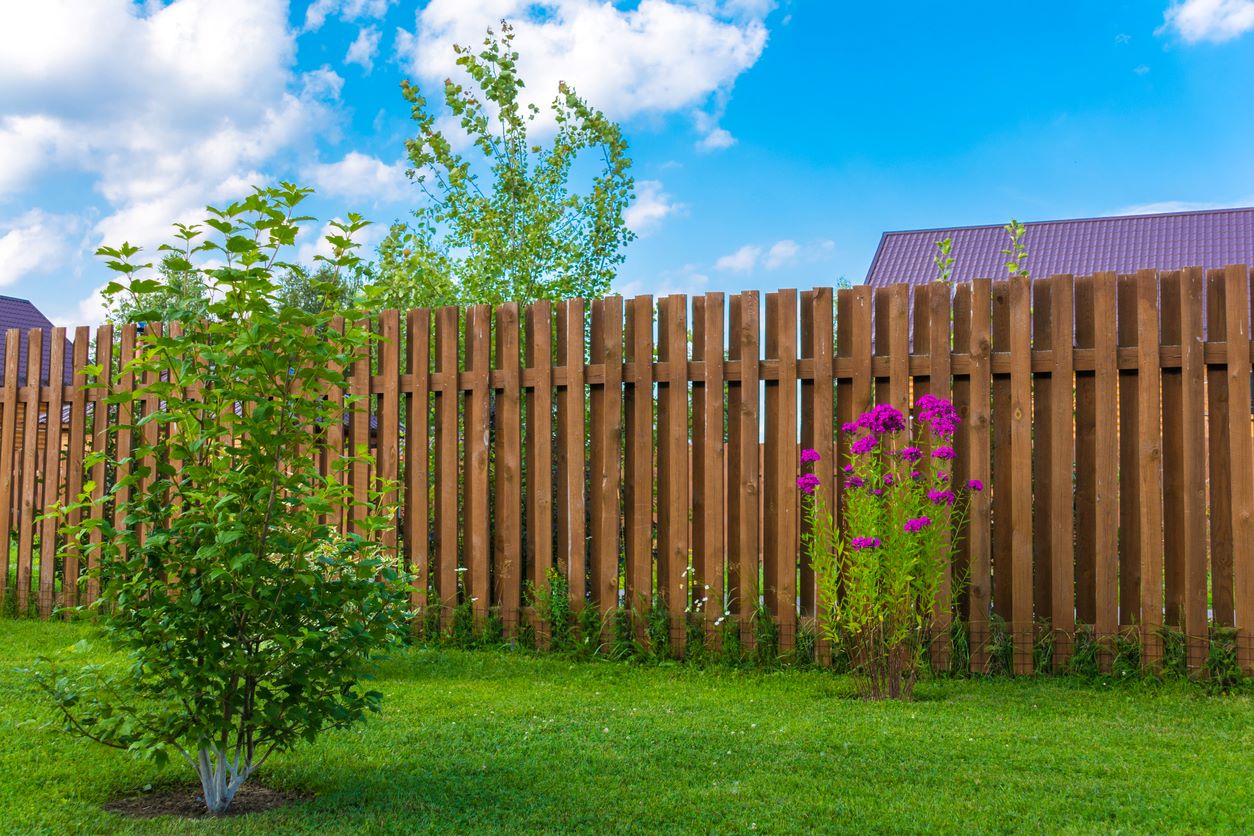
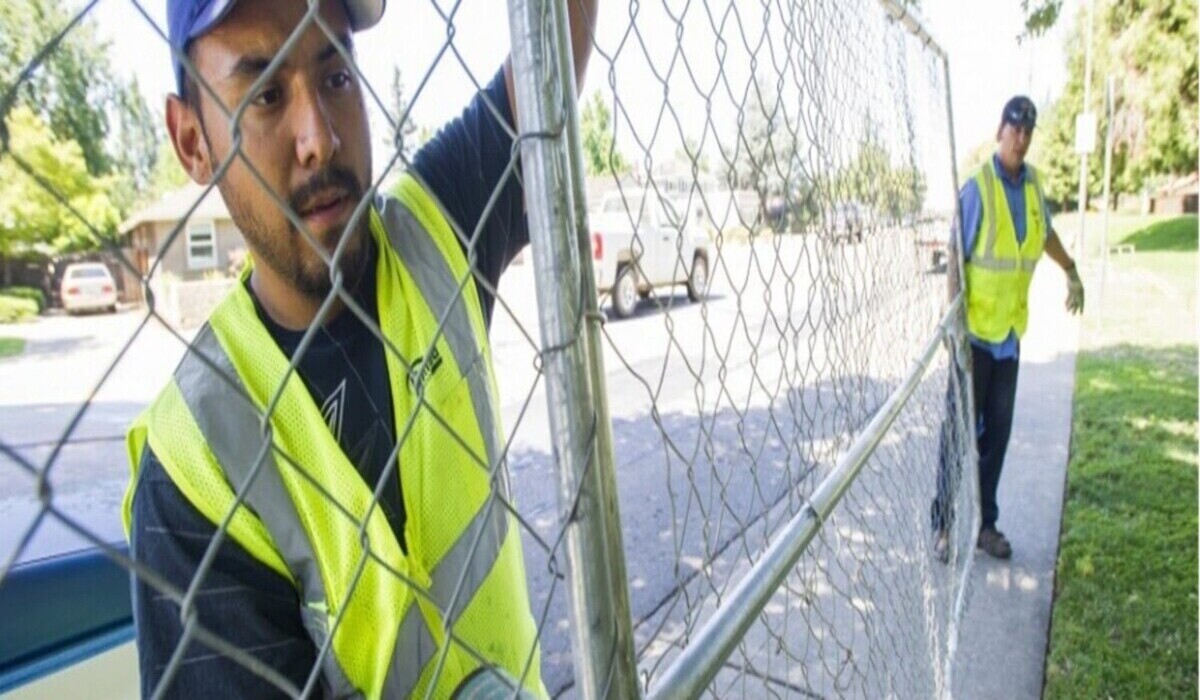
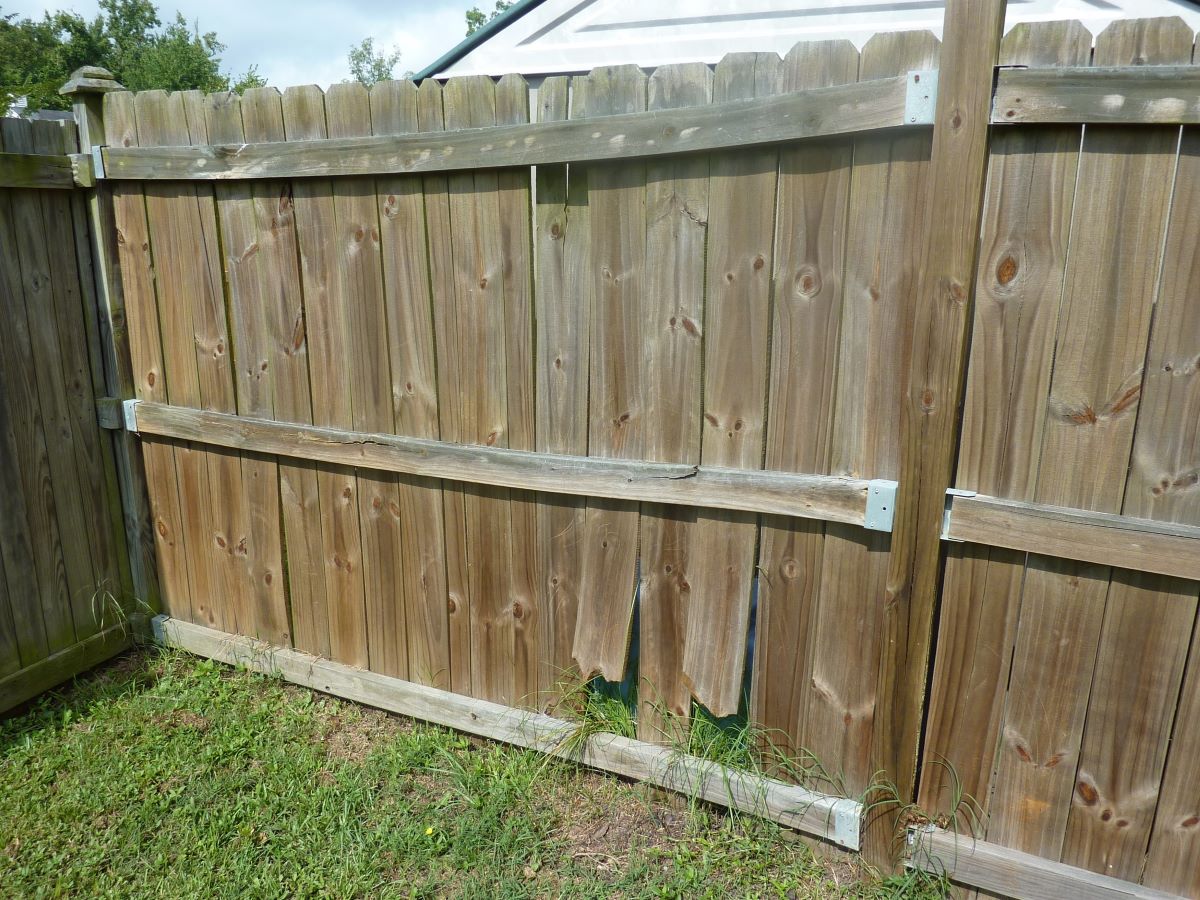
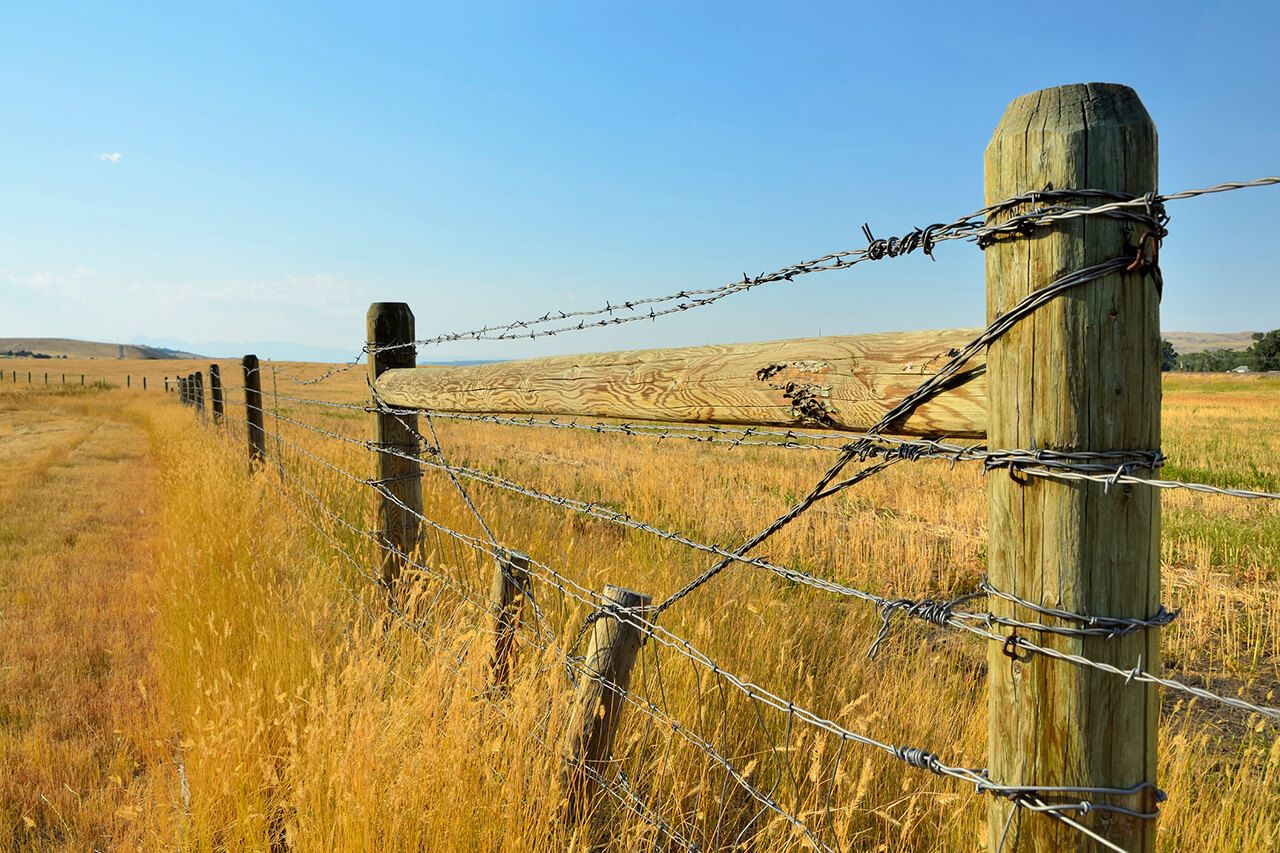
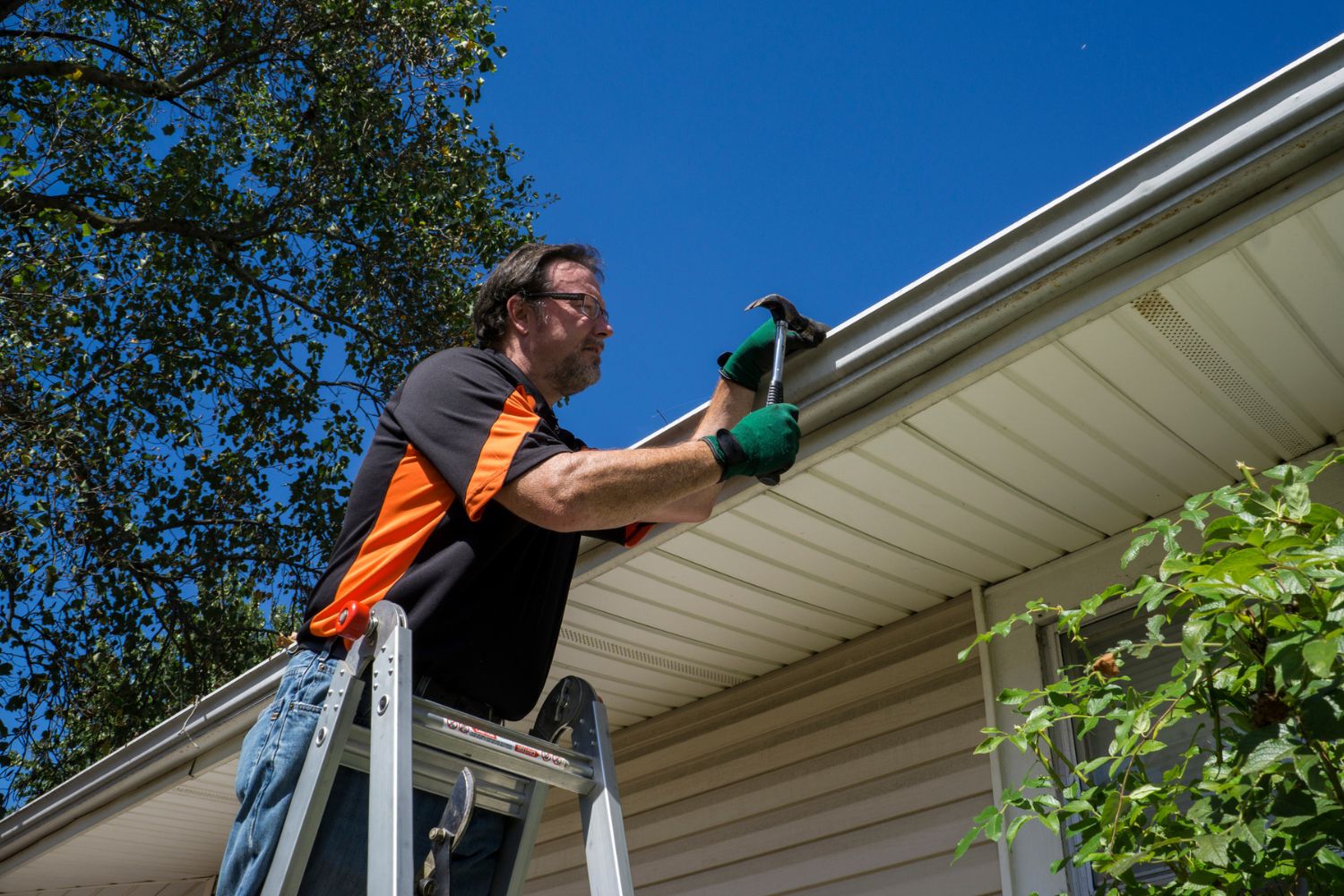

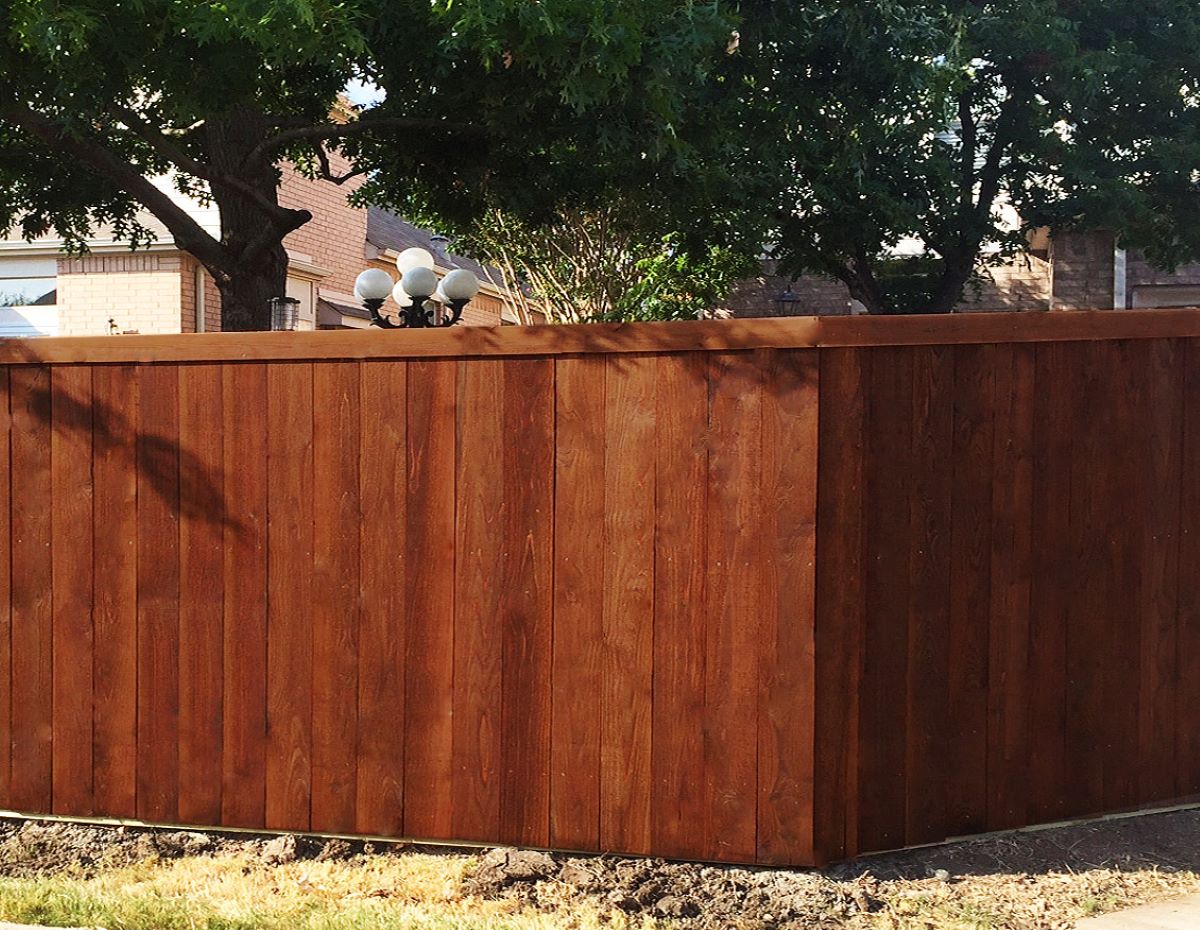
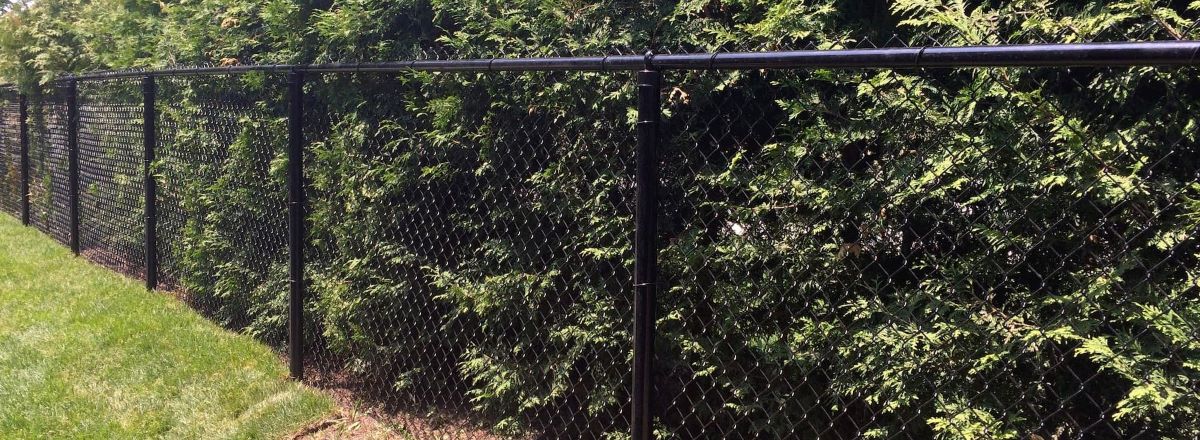

0 thoughts on “How Much Does It Cost To Fix A Fence”